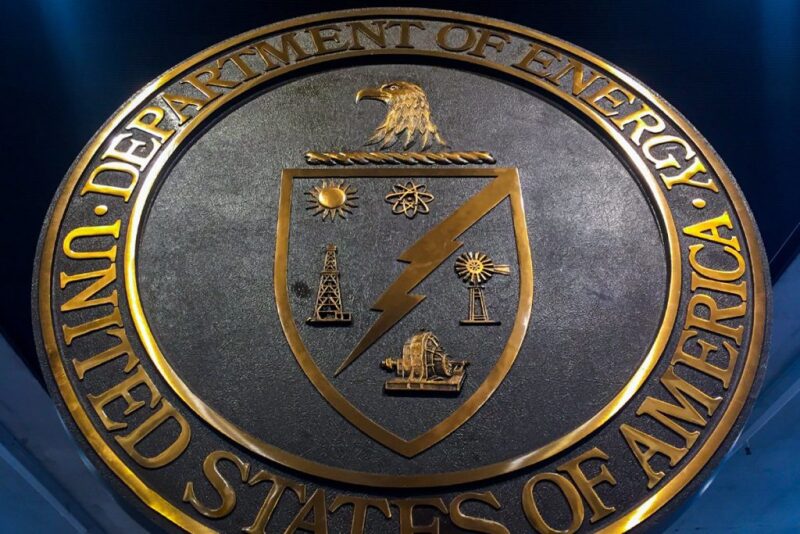The US Department of Energy’s (DOE) National Renewable Energy Laboratory and National Energy Technology Laboratory announced a joint research agreement with ExxonMobil. Over 10 years, ExxonMobil will invest up to $100 million in the two DOE laboratories to advance lower-emissions energy technologies that could be brought to commercial scale. This agreement is one of the largest public/private partnerships between DOE laboratories and the private sector.
The agreement will foster research collaboration on projects that will advance potential scalable technologies that improve energy efficiency, minimize greenhouse-gas emissions, and reduce emissions from the production of fossil fuels and petrochemicals.
“Over the past 2 years, this administration has proven we can simultaneously grow our economy while helping our environment,” said Under Secretary of Energy Mark W. Menezes. “Today’s announcement reinforces the department’s commitment to invest in public/private partnerships that maximize R&D and, ultimately, deploy innovative, economical, and lower-emission technologies from DOE’s national labs.”
“Through the innovations coming out of DOE’s national laboratories and the private sector, America is proving we can grow our economy while being environmentally responsible and reducing emissions,” said Steve Winberg, DOE assistant secretary for fossil energy. “An all-of-the-above energy strategy and public/private partnerships are key to continued progress.”
“For nearly 2 decades, the US has reduced more energy-related carbon dioxide emissions than any other nation on Earth,” said Daniel Simmons, DOE assistant secretary for energy efficiency and renewable energy. “Public/private partnerships like this one will ensure a more efficient, cleaner, and prosperous future for energy technologies.”
“Finding meaningful solutions to address climate change is going to take everyone—governments, companies, and academia—working together,” said Vijay Swarup, vice president of research and development at ExxonMobil Research and Engineering Company. “This agreement will help us advance fundamental science and demonstrate scale. This is critical because it will give us a better understanding of how to progress technologies so they can be applied globally.”
Initial work between ExxonMobil and the national laboratories will explore ways to bring biofuels and carbon capture and storage to commercial scale across the power generation, transportation, and manufacturing sectors.
“The National Renewable Energy Laboratory is excited to work with ExxonMobil to develop scalable energy solutions for the future and facilitate research partnerships across the national lab system,” said Martin Keller, director at the National Renewable Energy Laboratory. “Our partnerships with industry, government, academia, and other research organizations drive the collaboration and innovation that is integral to revolutionizing the global energy landscape. By working side-by-side with ExxonMobil researchers, this partnership provides an unprecedented opportunity to explore new technologies and transform energy through science.”
This collaboration is a recent addition to a series of partnerships ExxonMobil has established for innovative lower-emissions research programs. The company has spent more than $9 billion since 2000 developing and deploying lower-emissions energy solutions.
“This opportunity targets research challenges and the development of technology central to our mission and our capabilities,” said Brian Anderson, director at the National Energy Technology Laboratory. “We’re bringing incredible research capability, enhanced by ExxonMobil’s industry expertise and ability to scale-up new technologies globally, which will ultimately benefit consumers in the near term, while also enhancing our nation’s prosperity and energy security.”

